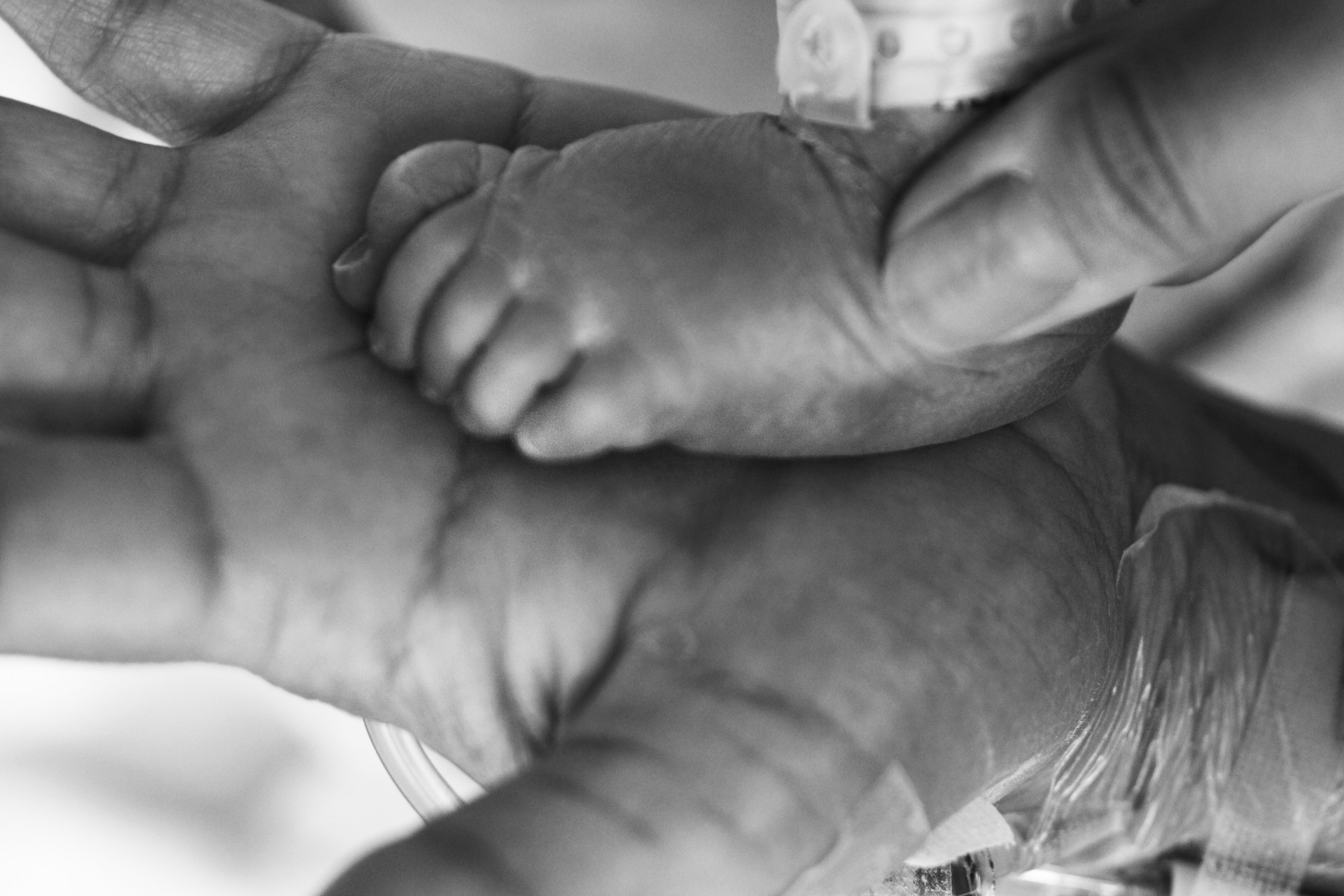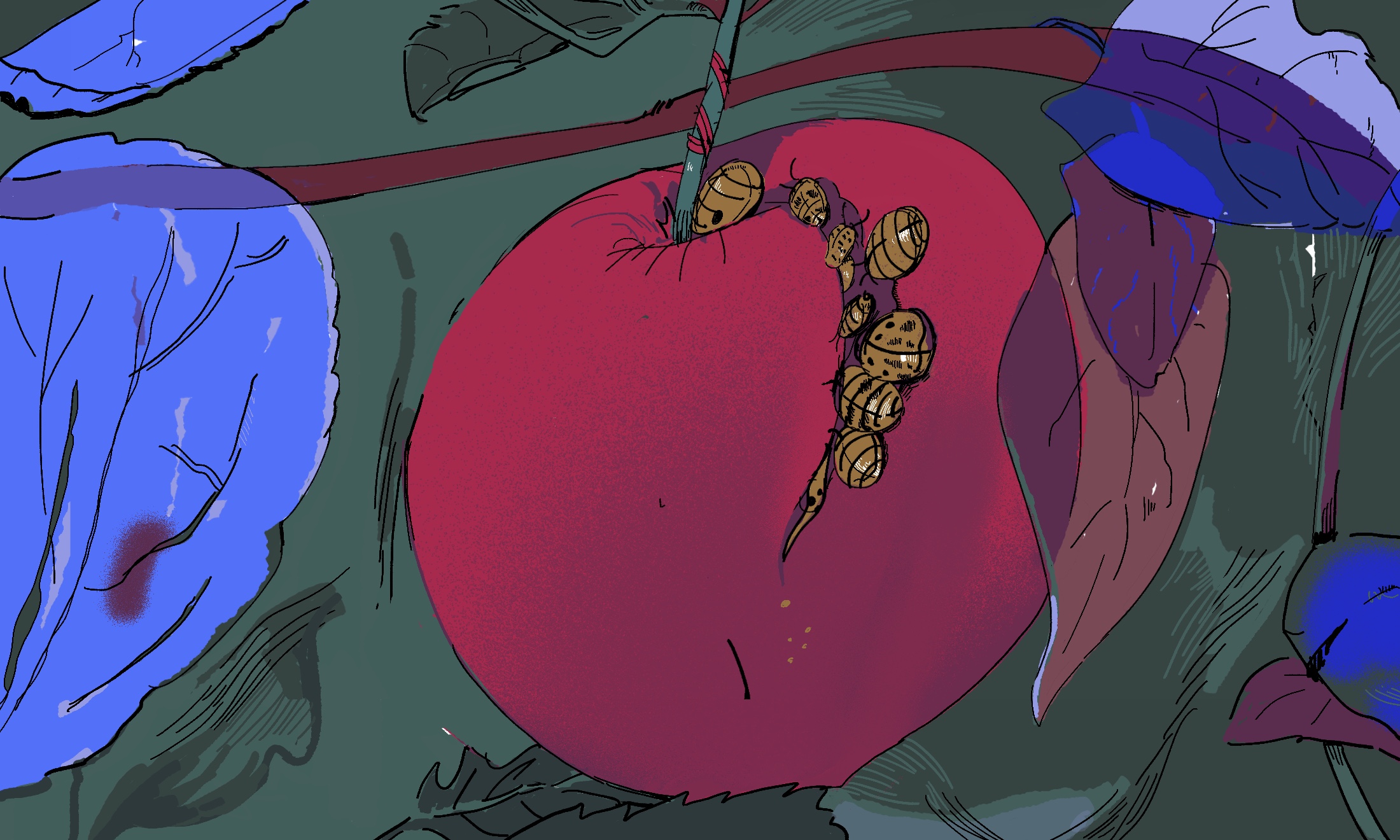
When the hand that rocks the cradle can’t face the world: what happens when giving birth traumatises you?
There’s a poem that says “The hand that rocks the cradle rules the world”. It’s an ode to mothers everywhere, praising their strength, their tenacity, their ability to get things done. Yet that image of a strong mother is somewhat misleading. Childbirth can break you; force you to experience humiliation, trauma and pain like you’ve never thought possible. As of a result of that, woman can often be left with not only physical scars, but emotional and psychological ones too.
It’s strange. Life and death is a cycle that will continue for as long as time exists, yet the effect that giving birth has on the mental wellbeing of women is shamefully under researched. Do a Google Scholar search; you’ll see that searching “psychological effect of death” pulls up around 3.6 million journal articles and citations. Change that to “psychological effect of giving birth” and that plummets, with just over 655,000 results found; a number which dramatically drops to 257,000 once the word “ethnic” has been added.
So what happened? How did a group of people who perform a process that maintains the human race become so neglected? In all fairness, there are a few quality pieces of research done on the effects of childbirth on women, but it’s not enough. I stumbled upon this whilst figuring out what I wanted to focus on for my Masters dissertation. I knew I wanted to do something that incorporated women, especially women of colour, but I was a bit stuck. One day my supervisor suggested I looked into birth trauma, to which I replied, “Aren’t all births traumatic?”. I had grown up genuinely believing that some things, such as period pain and childbirth were painful experiences that had to be sucked up and dealt with. The idea of trauma in childbirth was one that didn’t register as an extraordinary event, just “a part of life”.
Nevertheless, I did some research and was shocked. I found countless stories of women pouring out their feelings, comparing giving birth to rape, expressing deep shame and often thoughts of suicide as a result of giving birth. Unfortunately some of these women were told that they were experiencing “baby blues” or a touch of post-partum depression, yet the real issue was that they were suffering from post-traumatic stress disorder (PTSD).
Not just restricted to war veterans, PTSD is a mental health disorder that causes the sufferer to have flash-backs, nightmares, severe panic attacks alongside other terrifying symptoms. These women were devastated. The thing that was meant to be one of the happiest moments in their life had caused them so much psychological damage that some had to be sectioned due to the trauma.
Further investigation showed that although the issue of birth PTSD was quite common, the voice of women from Black and Ethnic Minority (BME) backgrounds had somehow been lost. Where were the women of colour? We all know the statistics surrounding BME individuals and mental health. The reluctance to seek help by some, and the occasional hush-hush of symptoms by communities can make these women vulnerable, trapped and isolated.
Once again stigma and miseducation plays a role in this story; something I unfortunately discovered exists even amongst mental health professionals. When a researcher/clinician at my university told me that he would think that black women in particular would suffer from less trauma physically, (and subsequently mentally) due to having larger pelvis’ than white women, I knew that I needed to focus my research on birth trauma in women from BME backgrounds. (FYI that is completely false and also “ease” of birth is related to the shape of the pelvis, not the size.)
There is a lot of work to be done in unravelling the layers of issues that are related to birth trauma in all women, but there is an extra cloak that wraps itself around the experience of BME women in particular. I’m currently investigating this, trying to understand what is different (if anything) about the experience of birth amongst BME women. Is it culture? Religion? Tradition? Why don’t some of these women seek help? What causes childbirth to be traumatic? Hopefully we will see an advance in research and practice that will accommodate these women, but pragmatically we can all help by making sure women feel safe to say when they don’t feel like the “ideal mother”; when they don’t feel like they can rule the world.
If any of you have experienced/ know anyone who’s had a difficult time at any point of the childbirth/pregnancy process, and would like to be involved in my study, please contact me at: msxlw7@nottingham.ac.uk









